Emergency Fund Boot Camp
Having an emergency fund means having one less thing to worry about when the unexpected happens. If you find yourself in a situation like a medical emergency, an out-of-the-blue home repair or losing a job, you don’t want to be worrying about how you’re going to manage expenses or about going into debt to cover costs. An emergency fund will let you focus on getting your life back to normal.








